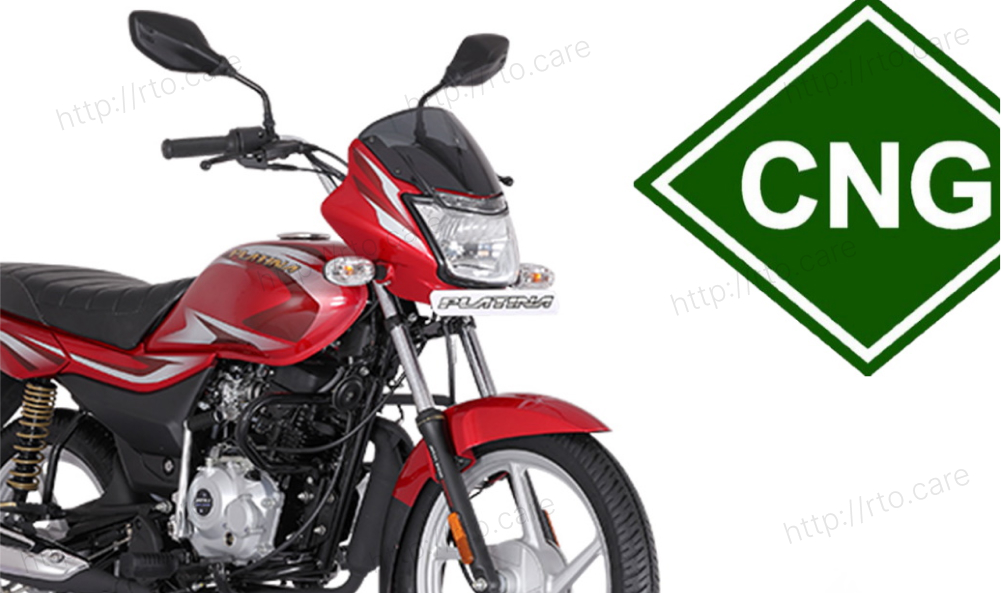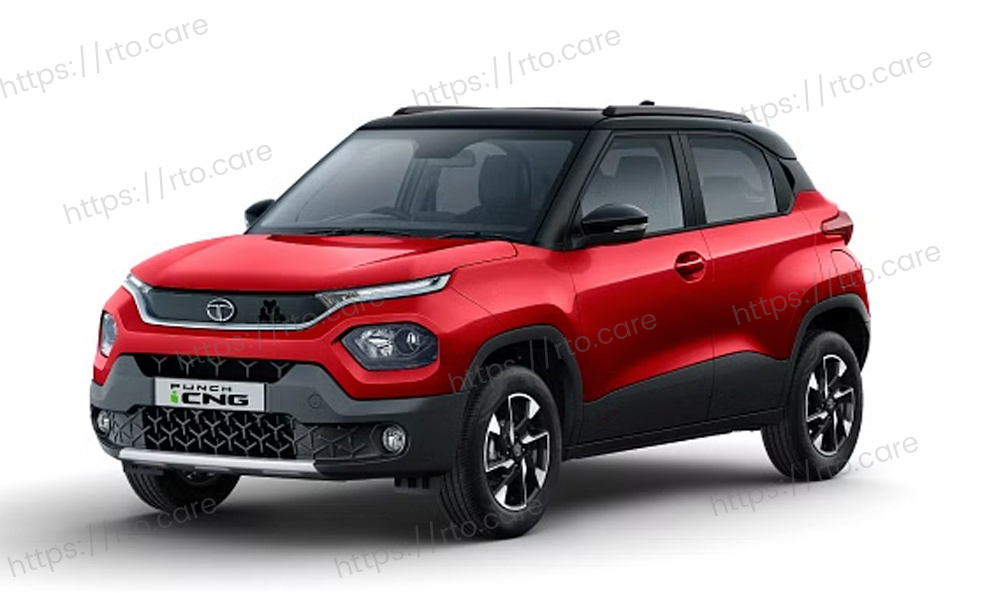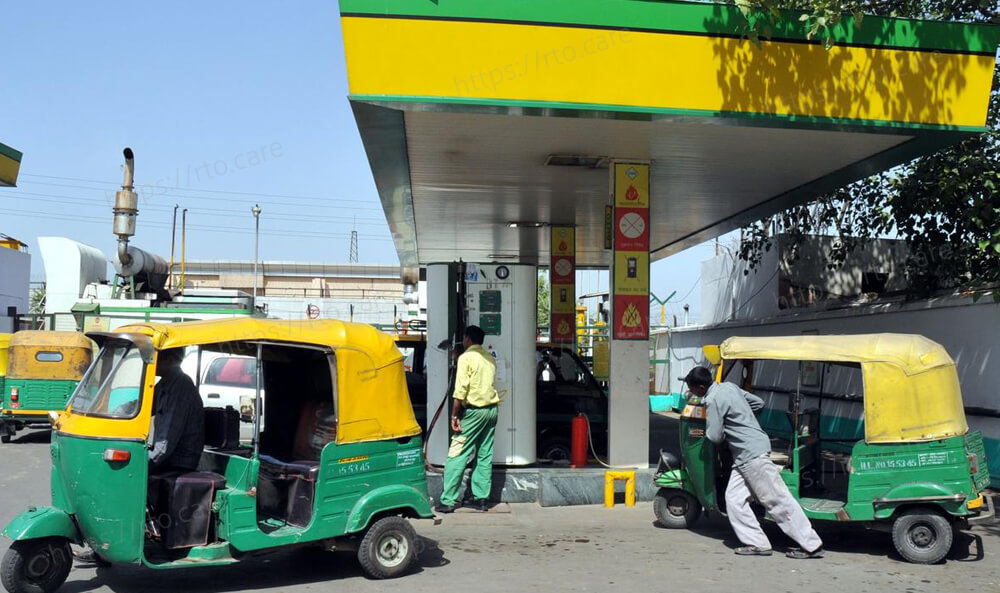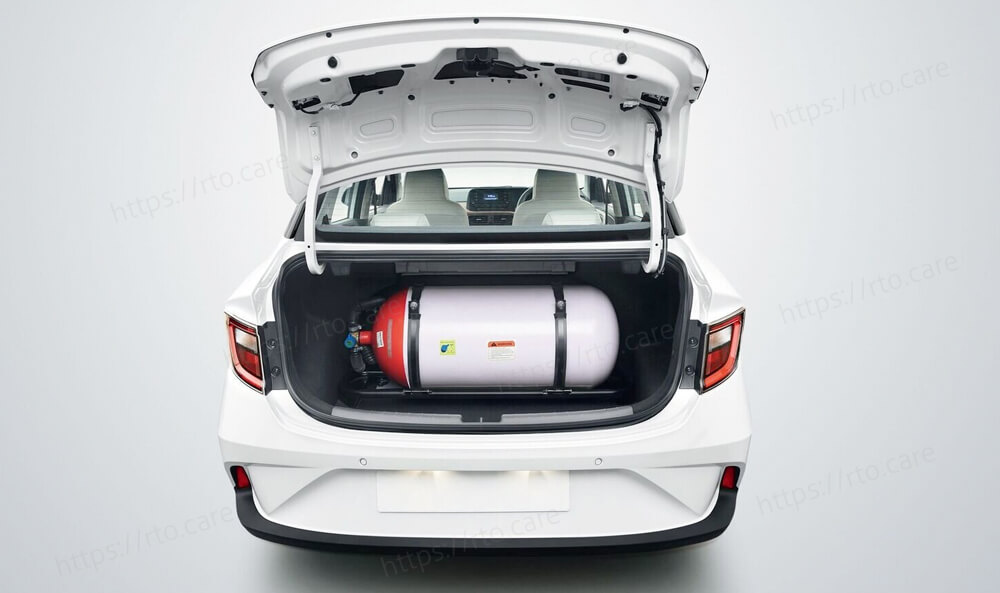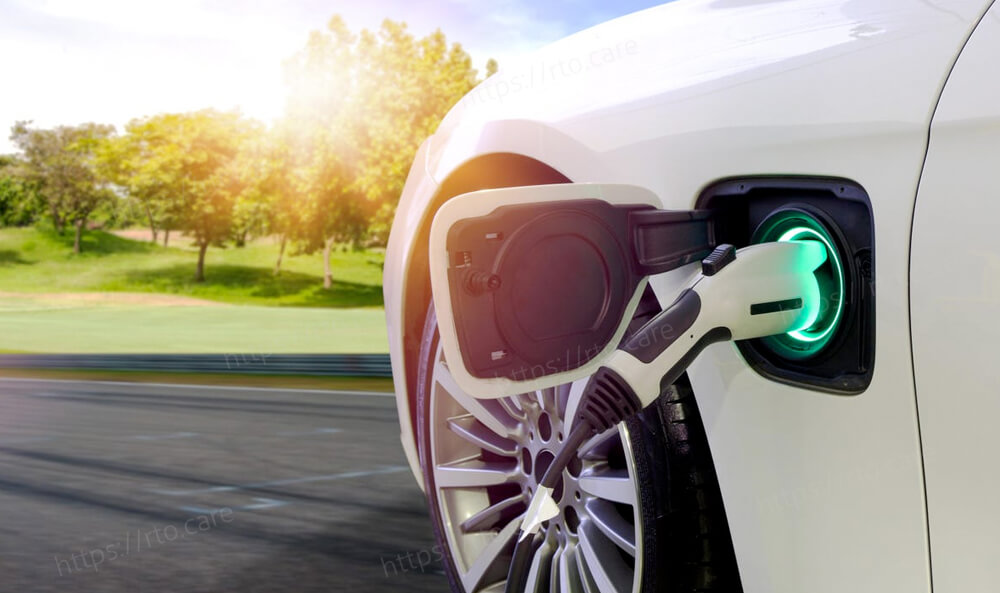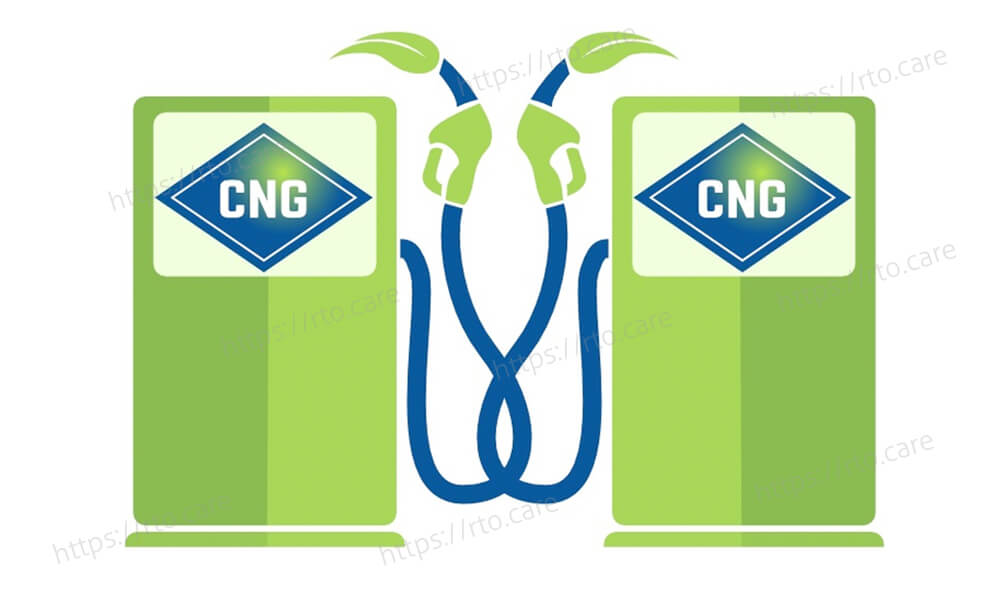In recent years, countries and automobile manufacturers around the world have made substantial investments to reduce carbon emissions. While the focus has primarily been on electric cars, one sector has already outperformed automobiles in terms of emissions reductions – the electric bike (e-bike) industry.
A recent report highlights that, despite the prominence of electric cars, which are often larger, expensive and require more convincing, e-bikes offer a more affordable and increasingly adoptable alternative. Data from last year showed there were 20 million electric cars and 1.3 million electric buses, vans and trucks globally. However, this pales in comparison to the 280 million e-bikes, scooters, mopeds and three-wheelers already in active use.
In areas where bikes and scooters are popular, cost-effective electric mobility solutions have gained popularity. Widespread adoption of these solutions has reduced daily oil demand by one million barrels, equivalent to about 1% of global demand – four times more impressive than the displacement achieved by electric cars.
According to researchers in the United States, if e-bike trips accounted for only 11% of all vehicle trips, total transportation-related emissions could be reduced by 7%. These researchers also suggest further opportunities for improvement, emphasizing the potential of small electric mobility devices such as skateboards and scooters to meet the public's last-mile transportation needs.
Rich countries such as the United States provide additional opportunities for adoption, especially given that 60% of car trips in such countries are less than 10 kilometers – a distance easily covered by e-bikes.




